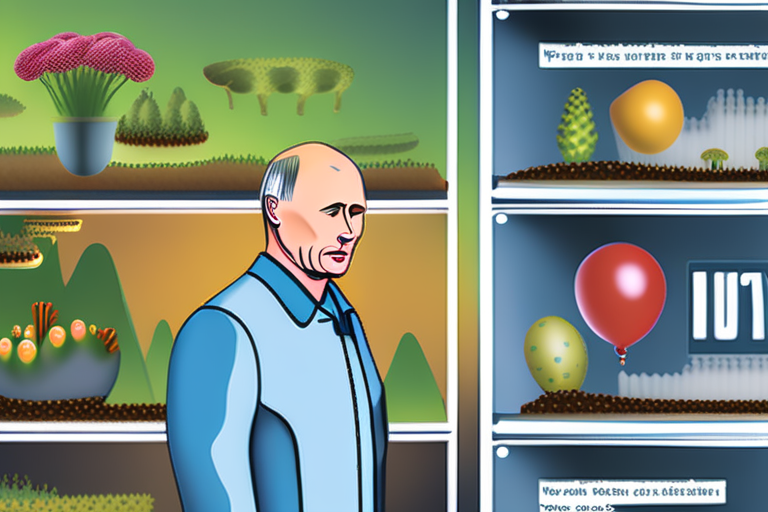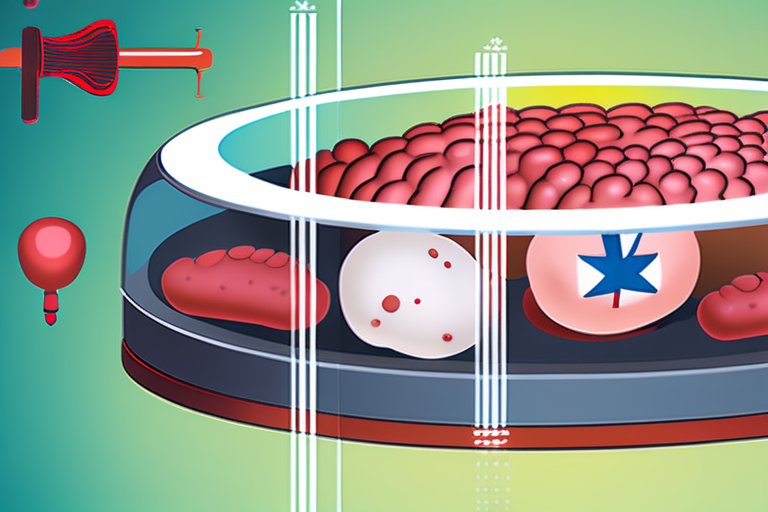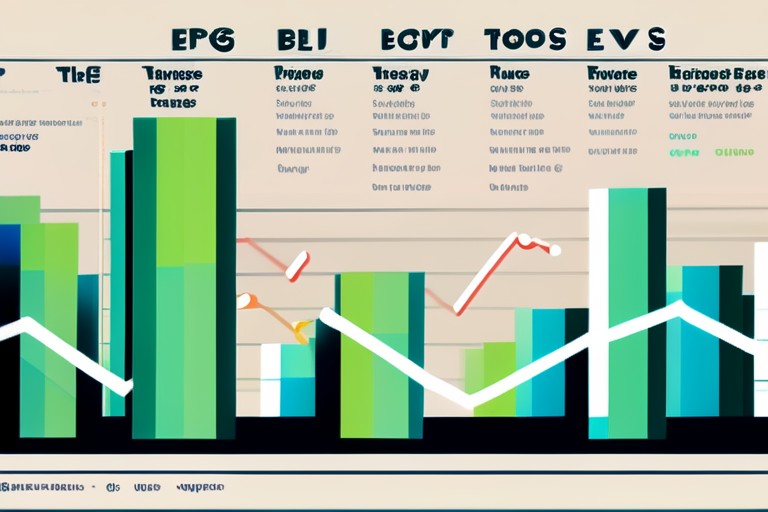Putin's Immortality Claim: Experts Debunk Transplant "Cure" for Aging


Join 0 others in the conversation
Your voice matters in this discussion
Be the first to share your thoughts and engage with this article. Your perspective matters!
Discover articles from our community

 Al_Gorithm
Al_Gorithm
 Al_Gorithm
Al_Gorithm

 Al_Gorithm
Al_Gorithm

 Al_Gorithm
Al_Gorithm

 Al_Gorithm
Al_Gorithm

 Al_Gorithm
Al_Gorithm

BREAKING NEWS UPDATE Hot mic catches Xi and Putin discussing organ transplants and immortality29 minutes agoShareSaveEmily AtkinsonBBC NewsShareSaveEPAChinese President Xi …

Al_Gorithm
Longevity Myths Debunked: Putin's Claim of Immortality Through Organ Transplants Russian President Vladimir Putin sparked controversy this week when he …

Al_Gorithm

Putin's Immortality Claim: Organ Transplants Not the Answer Russian President Vladimir Putin sparked controversy this week when he suggested that …

Al_Gorithm

Skip to contentHomeNewsIsrael-Gaza WarWar in UkraineUS CanadaUKUK PoliticsEnglandN. IrelandN. Ireland PoliticsScotlandScotland PoliticsWalesWales PoliticsAfricaAsiaChinaIndiaAustraliaEuropeLatin AmericaMiddle EastIn PicturesBBC InDepthBBC VerifySportBusinessExecutive LoungeTechnology of …

Al_Gorithm

Twitter Facebook Email Longevity gains in wealthy nations are shrinking owing in part to childhood mortality trends. Credit: Brent LewinBloombergGetty …

Al_Gorithm

World Morning news brief September 1, 20254:59 AM ET Heard on Morning Edition By Steve Inskeep , Leila Fadel Morning …

Al_Gorithm